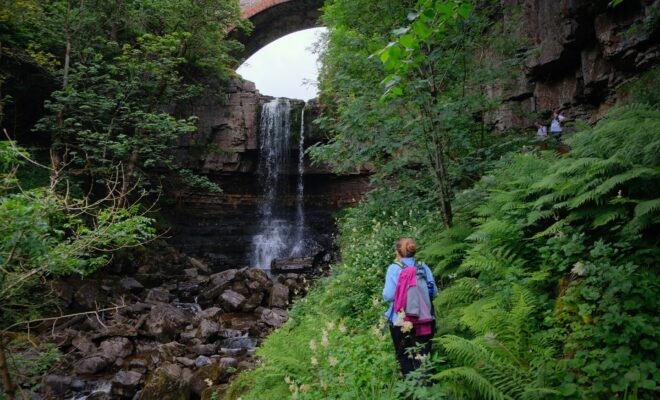
Be prepared: Three Peaks Challenge Training Guide
Finish this year on a high and set yourself the challenge of climbing three mountains in a row. If you enjoy hiking and beautiful natural landscapes, the three peaks might be the next adventure for you. You need to prepare physically and mentally for the challenge. You will battle weather conditions, physical exertion, and a lack of sleep.
What is the three peaks challenge?
The Three Peaks challenge covers the highest mountains in England, Wales, and Scotland. The challenge consists of Ben Nevis (1345m), Snowdown (1085m) and Scafell Pike (978m). Double check the train routes between each location and try to catch some sleep between destinations.
How difficult is the three peaks challenge?
Of course, your physical fitness level will massively impact how difficult you find the challenge. The more training you put in, the easier the challenge is likely to be. You need to have the right kit and a positive attitude when climbing any mountain. It’s even more important to be in good physical shape when you are climbing three. Your body needs to be able to recover after each hike and prepare for the next.
How can I prepare for the three peaks challenge?
The key is to start training for the challenge as soon as you can. You need to improve your fitness level and spend four months ramping it up in the gym. A proper training regime will reduce your chance to getting injured on the hikes and improve your recovery time.
For physical preparation, you need to combine resistance, cardiovascular, legs and upper body training. Most people assume they need to focus on cardio training before a hike. After all, you will need food, water, and medical supplies in case of an emergency. However, weight training can drastically improve your strength and help you to carry supplies up the mountain. Focus on compound exercises that target several muscles at once – such as squats, deadlifts, and lunges. Resistance training can prepare your legs for steep climbs and reduce the risk of a knee injury.
You also need to practise hiking and learn how to pace yourself. Take a few hikes on different groups and improve your uphill walking. You may need to practise scrambling and hiking in poor weather conditions as well. Cardio is an essential part of any hikers training programme. It will help you to maintain higher energy levels and your ability to process oxygen at higher altitudes. Try running, biking or rowing to get your heart rate up and body moving.
Take regular rest days
Finally, you need to rest and recover as well. If you train too hard, you risk injuring yourself before you have even started the challenge. Schedule a few rest days to give your body the chance to recover from all the exercise.
Get the right kit, train in advance and maintain a determined attitude throughout the challenge.


You must be logged in to post a comment Login